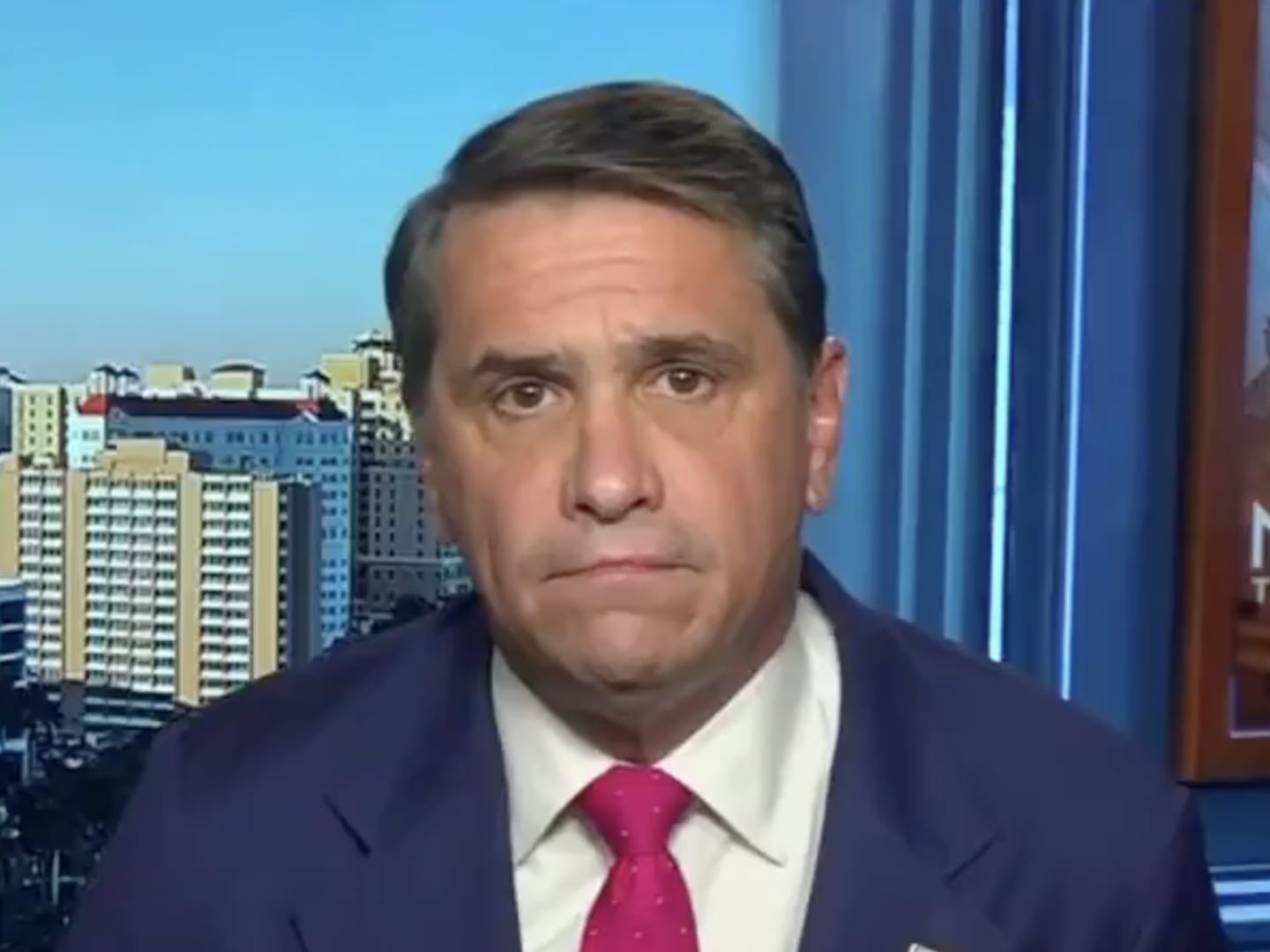Eight years ago, Republicans were thought as likely to again rule in the American Northeast as the mastodon was to roam again in the swamps of New Jersey. In the 2006 midterm sweep that tossed out Republicans from New Jersey to Maine, Democrats took 10 congressional seats, two Senate seats, and two governorships held by the GOP. The next election, those gains were further consolidated, as Democrats swept out another half-dozen House Republicans and a senator.
And even in what was an otherwise dreary year for Democrats in 2010, the Northeast provided some kind of ballast, with the biggest Republican gains coming in the Midwest and Mountain states.
But now, at last, the Northeast Republican looks set to rise again. Polls show that in Maine, Tea Party Gov. Paul LePage is poised to win reelection in a three-way contest. In Massachusetts, Charlie Baker, who lost his first bid for governor four years ago, is expected to dispatch Attorney General Martha Coakley. In Rhode Island and Connecticut, polls are deadlocked.
Meanwhile, Scott Brown, who with his surprise 2010 victory over Coakley for a Senate seat in Massachusetts helped set the stage for this Republican resurgence, looks as if he has an even chance of besting incumbent New Hampshire Sen. Jeanne Shaheen. And Republicans appear likely to win another handful of congressional seats, including as many as three in New York City and its surrounding suburbs. Even in Washington, D.C, that border town with Southern efficiency and Northern charm, a Republican mayoral candidate looks set to put together a respectable performance.
Republican political operatives say the gains the GOP is set to make are due to a convergence of causes. There is the fact that in the wave election year that 2014 seems poised to become, the party could win in even the most unexpected of places. There is the fact that in many of these states Democratic legislatures are entrenched, and voters are looking for a counterweight.
And finally, there is the fact that most of the culture wars have reached a stalemate. In Massachusetts, for example, Baker is running as a pro-choice, pro same-sex marriage Republican nominee. Other Republicans are similarly downplaying these hot-button issues of old, and pollsters say most voters see them now as settled matters. And so if two candidates are a wash on matters of civil rights, why not go for the guy who is going to cut your taxes?
“Republicans have just been putting together a more coherent message of change in New England,” said Will Ritter, a Republican political operative who worked on a number of statewide races in Massachusetts. “The Democrats’ message is what—‘Hey, it is not so bad?’ People look to candidates who have a business background, or at least have conservative underpinnings, when it looks like budgets are going off the rails.”
The major question for the Republican Party going forward is what all these Yankee newcomers will mean for its direction. The GOP has been at odds with itself as it tries to decide how to appeal to a diverse and changing electorate, and some Republicans think a handful of new voices from states not necessarily of the reddest hue could help the eventual 2016 presidential nominee.
“It takes a lot of Democrats to elect a Republican in one of these places,” said John McLaughlin, a Republican pollster. “You can’t win otherwise. You broaden your base, you broaden your message, it shows that you really want to get things done. And we need do to that, not just racially but demographically.”






